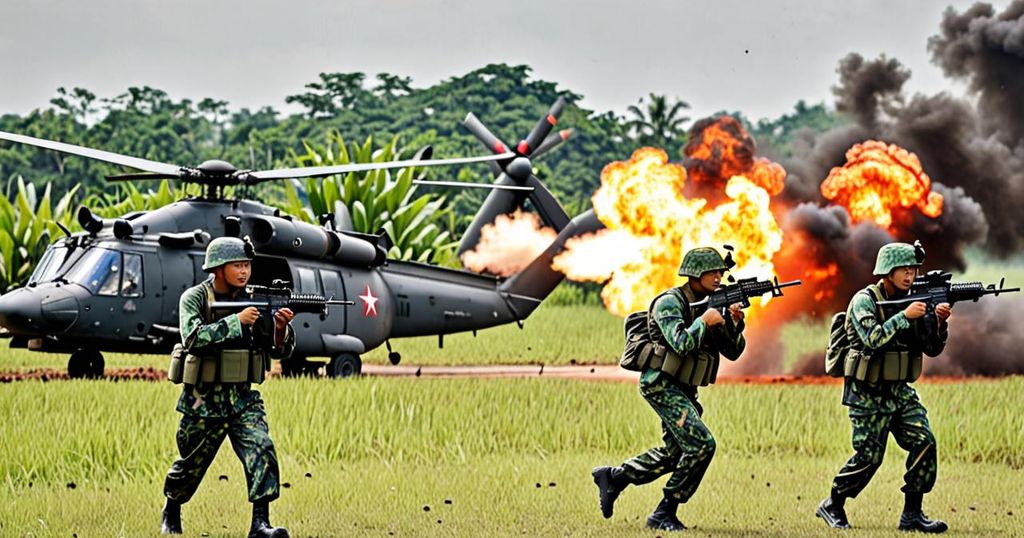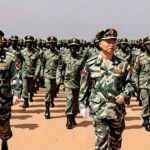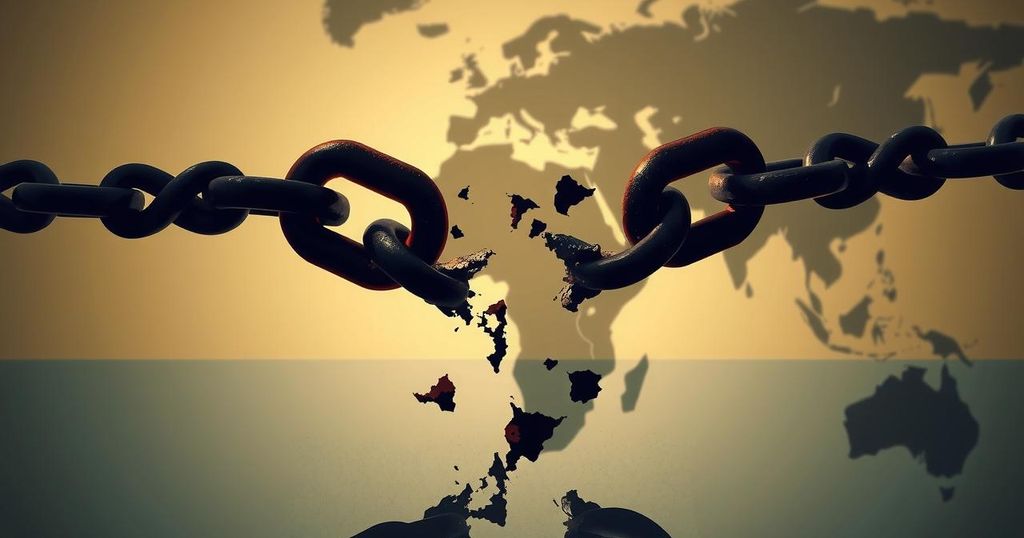Joint Exercises between Philippines and Vietnam Aim to Strengthen Maritime Cooperation Amid South China Sea Tensions
In order to strengthen maritime cooperation and address China’s assertive actions in the South China Sea, the coast guards of the Philippines and Vietnam are scheduled to conduct their inaugural joint exercises on August 9. According to a report by Nikkei Asia, this historic collaboration is a direct response to the ongoing tensions in the region, where both countries have encountered confrontations with Beijing over territorial disputes in the South China Sea.
The joint exercises will feature the 90-meter ship CSB 8002 from Vietnam and the 83-meter offshore patrol vessel, BRP Gabriela Silang, from the Philippines. These drills will encompass a variety of activities including search and rescue simulations, as well as fire and explosion prevention training, with the aim of enhancing their capabilities in maritime operations.
This initiative follows an agreement between Manila and Beijing to de-escalate tensions in the South China Sea, particularly regarding Philippine resupply missions to Second Thomas Shoal. Additionally, the timing of the exercises coincides with a change in leadership in Hanoi, following the passing of Communist Party General Secretary Nguyen Phu Trong and the official succession of Vietnamese President To Lam as party leader.
Experts regard these joint exercises as a significant stride in reinforcing bilateral relations and ensuring regional security. Rear Admiral Armand Balilo, spokesperson for the Philippine Coast Guard, underscored the importance of forging partnerships and demonstrating the ability of two countries with disputes in the West Philippine Sea to collaborate. Commodore Algier Ricafrente, PCG deputy chief of staff for international affairs, also emphasized the strategic significance of these drills, emphasizing the necessity for nations to unite in addressing future incidents.
The joint exercises take on added urgency in light of China’s recent regulation allowing its coast guard to detain foreign nationals crossing maritime boundaries set by Beijing. This has further intensified maritime disputes in the region, heightening the urgency for cooperative efforts.
Julio Amador, CEO of Amador Research Services in Manila, stressed the importance of “good faith” in fostering cooperation between claimant countries in the South China Sea. He recommended expanding this collaborative approach to include other ASEAN claimant states, while Don McLain Gill, an analyst and lecturer at De La Salle University, emphasized the need for a unified position from Southeast Asian countries in pushing back against Beijing’s expansionism.
In conclusion, the joint exercises between the Philippines and Vietnam represent a proactive step towards enhancing their maritime capabilities and addressing the challenges posed by the escalating tensions in the South China Sea. It also underscores the significance of cooperation and mutual trust in promoting regional stability and security. As both nations navigate their complex relationships with China, these joint exercises serve as a testament to their commitment to upholding their respective maritime claims while also seeking avenues for collaboration.








Post Comment